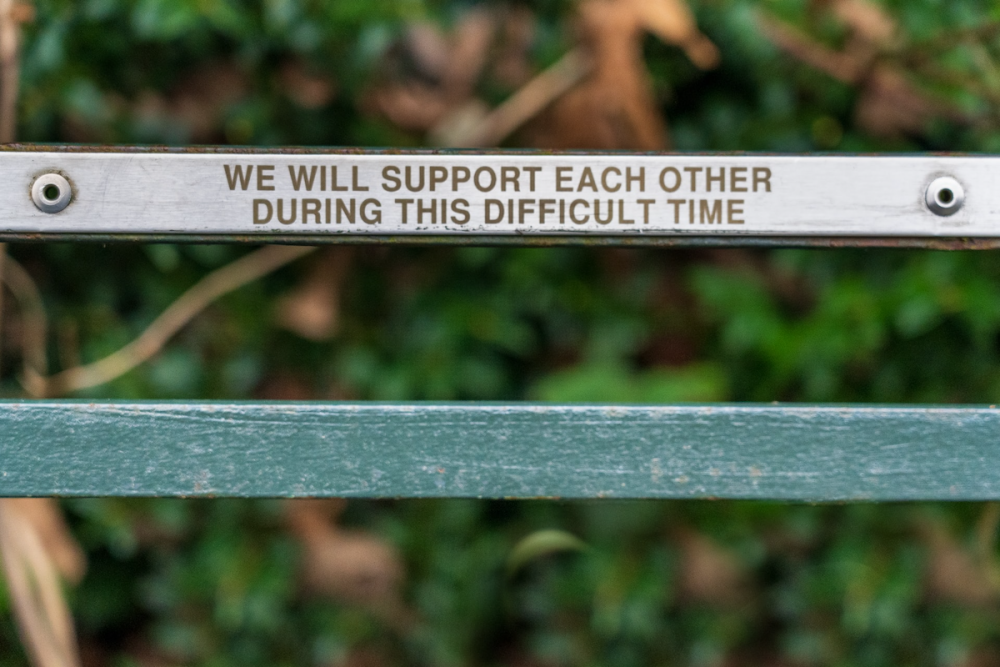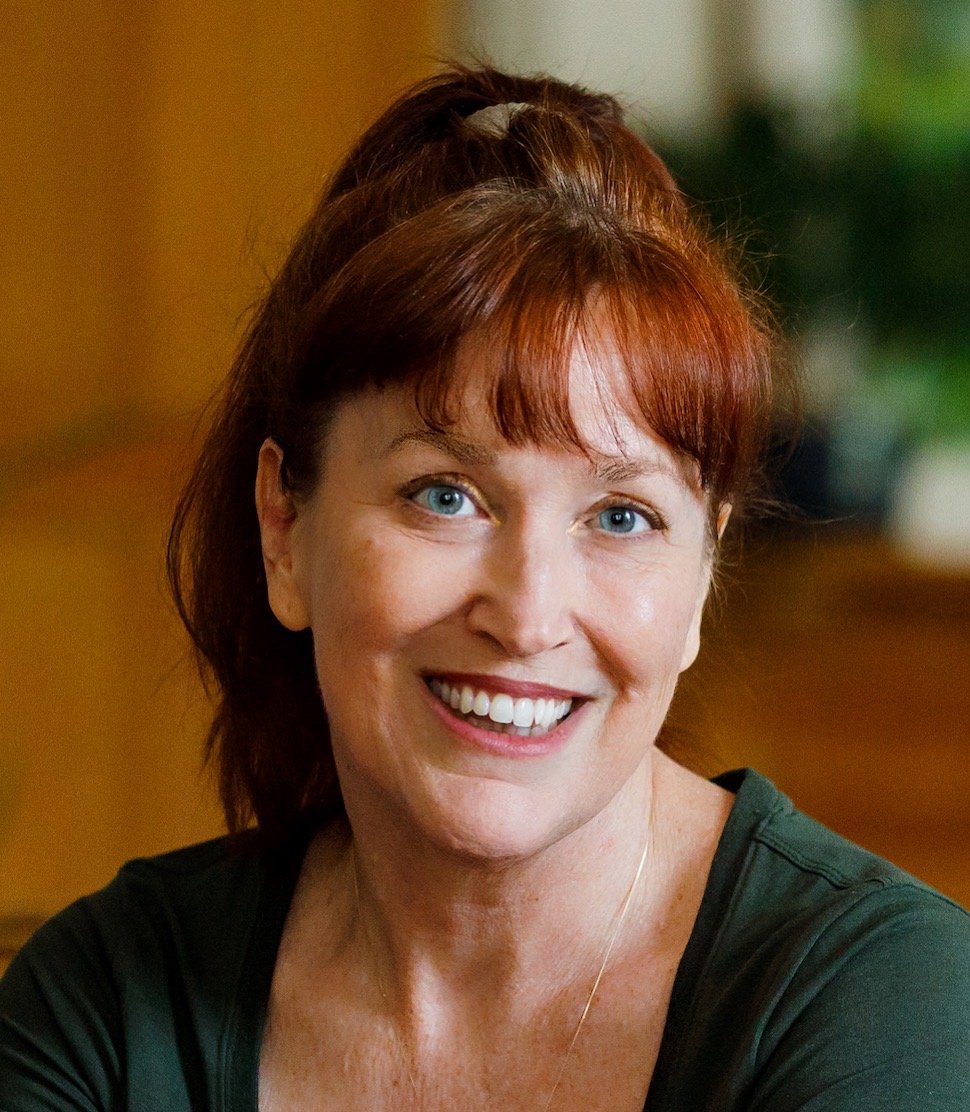
Today’s post is by Allison K Williams (@GuerillaMemoir). Join her for the three-part webinar series Memoir Bootcamp, Oct. 19–Nov. 2, 2022.
A writer I work with asked, Should I take another class? Or should I just get down to business and crank out the rest of my memoir?
She certainly could get down to business—she’s smart, thoughtful, and a solid writer who’s taken plenty of workshops and gotten plenty of peer feedback. But will she?
I’ve heard the same questions from other writers, and I’ve asked them of myself. We think we’re asking about yet another class, “Do I need to learn more?” (Yes, forever.) But the real question is “Do I need an external structure to write?”
Finishing your book isn’t actually about motivation. Sure, you can want to spend the time writing, you can type with intensity, you can burn with the need to tell your story. But motivation isn’t enough.
Beyond the desire to write a book, we’re subject to our calendars—work, volunteering, fitness, housework, gardening, caring for spouses, parents, children and/or pets. Many of us want—or even schedule—time to write, but we shove the planned hour aside when something urgent (or “urgent”) arises. I am the number-one poster child for I Was Going to Work on My Book, But Then a Client Needed Me Syndrome.
Paying for a class or workshop, or even just being accountable to a regular writing group, knowing others are waiting for you, feels like a firm commitment in a way that’s very hard to honor with motivation alone. Our families and friends are more likely to treat an outside commitment with respect, too. “I’m sorry, I can’t, I have class,” is easier to accept—and easier to deliver—than “I’m sorry, I can’t, I’m planning to sit at my desk and maybe accomplish some writing but last time I got stuck on Facebook so who knows?”
Here are the obstacles most writers face that motivation may not fix.
A sense of overwhelm
Sitting down to a blank page, or even a multi-page outline, can feel like standing outside the forbidden castle, looking for the door in. My ideas are beautiful! My story is powerful and compelling! So…um…where do I start?
The right class can help you identify those doors—and teach you to build your own habits, writing practices and exercises to get the words flowing when you’re stuck outside the wall.
You can’t picture the finish line
Where does the story end? Does addiction resolve with recovery, or with restitution and restoration? Grief famously never ends—so where’s the last page of the memoir? What if the main antagonist reformed before you got to the last chapter, and now the relationship with that character is completely different than the one already written?
Sharing ideas and brainstorming with fellow writers and your teachers brings solutions to story problems. Particularly with memoir, some of my greatest writing breakthroughs have come from a workshop leader or participant saying, “But it seems like this story is really about X, right?” A trusted outside eye can show me gaps I’ve overlooked in the dramatic arc, how I’m not treating a character fairly, or where my words just aren’t clear, and those tiny breakthroughs bring more words to the page, much more quickly.
Your audience is fuzzy
Who needs your words, and where are they? Can you reach them through public speaking, or publishing essays, or being present on social media? Will you need a platform at all, or will the story and writing be enough?
Many writers have a vague idea they’d like to be traditionally published for the prestige, or they’d rather self-publish because it’s faster, but making the right choice demands a clear sense of who you’re writing for. A writing workshop is a great place to find out what happens on each of those paths—and think through whether you’re the right person to take those steps.
Difficulty finishing a manuscript is common. It’s common to attribute our trouble to procrastination, time-wasting, or just plain laziness. But it’s not a personal failing to feel obligations to the people you care about, your career, and your life. It’s not a character fault to have a hard time seeing the goal or be stuck in uncertainty about how to get there.
Can you get down to business and finish your book all by yourself?
Sure! Many writers do. But even more of them have support systems, deadlines, teachers, exercises, instructions and help. If a workshop is out of your budget, grab a couple of other writers and start a regular meeting, with deadlines and goals. Consider a publishing or writing craft question every meeting, each researching and discussing what you find. Develop a rubric to critique each other’s work as professionally as possible. It’s not the teacher’s prestige that will finish your book—it’s creating a structure for showing up.
You might think to yourself that—surely, as a motivated, list-making, hardworking person—I don’t need other people to help me finish, and I don’t need to blow money on another class! Yet every time I sign up to show up with others, I write more. I write faster. And I write better. Assignments, deadlines and yes, the desire to show off, make me work regardless of my immediate level of motivation. (I think of my drive to avoid embarrassment by completing writing as “shame-couragement.”)
If your book is ticking along, great! Keep doing what you’re doing. But if you’re stuck, chances are it’s not lack of motivation holding you back. Instead of shoving your chair back and feeling discouragement reverberate through your body, identify the problem: lack of scheduled time, difficulty seeing the next step, or problems envisioning the finish line. Then get to class.
Note from Jane: If you enjoyed this post, join us Oct. 19–Nov. 2, 2022 for the three-part webinar series Memoir Bootcamp.

Allison K Williams has edited and coached writers to publication with many of the best-known outlets in media. As a memoirist, essayist, and travel journalist, Allison has written craft, culture and comedy for National Public Radio, CBC-Canada, the New York Times, and many more. She leads the Rebirth Your Book writing retreats series and, as Social Media Editor for Brevity, she inspires thousands of writers with weekly blogs on craft and the writing life. Allison holds an MFA in Creative Writing from Western Michigan University and spent 20 years as a circus aerialist and acrobat before writing and editing full-time. Her latest book is Seven Drafts: Self-Edit Like a Pro From Blank Page to Book (Woodhall Press, 2021). Learn more at her website.

“But the real question is “Do I need an external structure to write?”” — indeed it is THE question. Thanks for stating it so clearly, Allison.
You’re so welcome!
This is a great column – one of my biggest writing problems is the lack of accountability – no one is desperate to read my next book – thanks to you I now see the plus side of signing up for some kind of critique group to provide outside stimulus as well as holding my feet to the fire to get this done. A topic I don’t often see discussed so I’m grateful for your insights.
You’re so welcome – my writing group has been such a gift, and I’m trudging through my draft, 20 pages/month!
Thanks for this post Allison. I saw so much of my writing journey in your words. Due to living my life with a full-time law practice, and as a husband, father, friend to many, and living a very active lifestyle, it took me 4.5 years from first paragraph to published book. I never saw my life or my obligations as a barrier to my writing, but as fuel for my writing, drawing inspiration from the many life experiences that came my way. It wasn’t necessarily motivation that kept me going as it was a message of hope demanding to be birthed. I felt the draw to that demand and embraced it even during long stretches when finding time to write didn’t happen. But the project was completed (many thanks to Jane Friedman for so much guidance along the way) and the message is now out in the world.
Will power is finite. That’s a scientifically known fact. When the Critic and Perfectionist in my head start in with you’re lazy, you’ll never . . . , and you’re not good enough, I know it’s as a signal that what I really need is support, guidance, and connection with other writers.
A good post and True, well at least in my case it is. I often find it easy to write a book given the time and me putting in the effort instead of mindlessly playing endless games of solitaire. Ah, but completing the novel is another matter. I could not tell you how many half-completed books live on my hard drive.
A fellow author told me once. many years ago, “just finish one and submit it. It really does not matter at all if it is any good. Get the first rejection out of the way, Relax, and write another. One will click” Wise words.
I did as she said. I now complete every novel I start (lol and it helps that many were half written earlier). Some are still turned down, but others are accepted. Thinking back to my first effort. It was pretty crap but I am still glad that I wrote it.